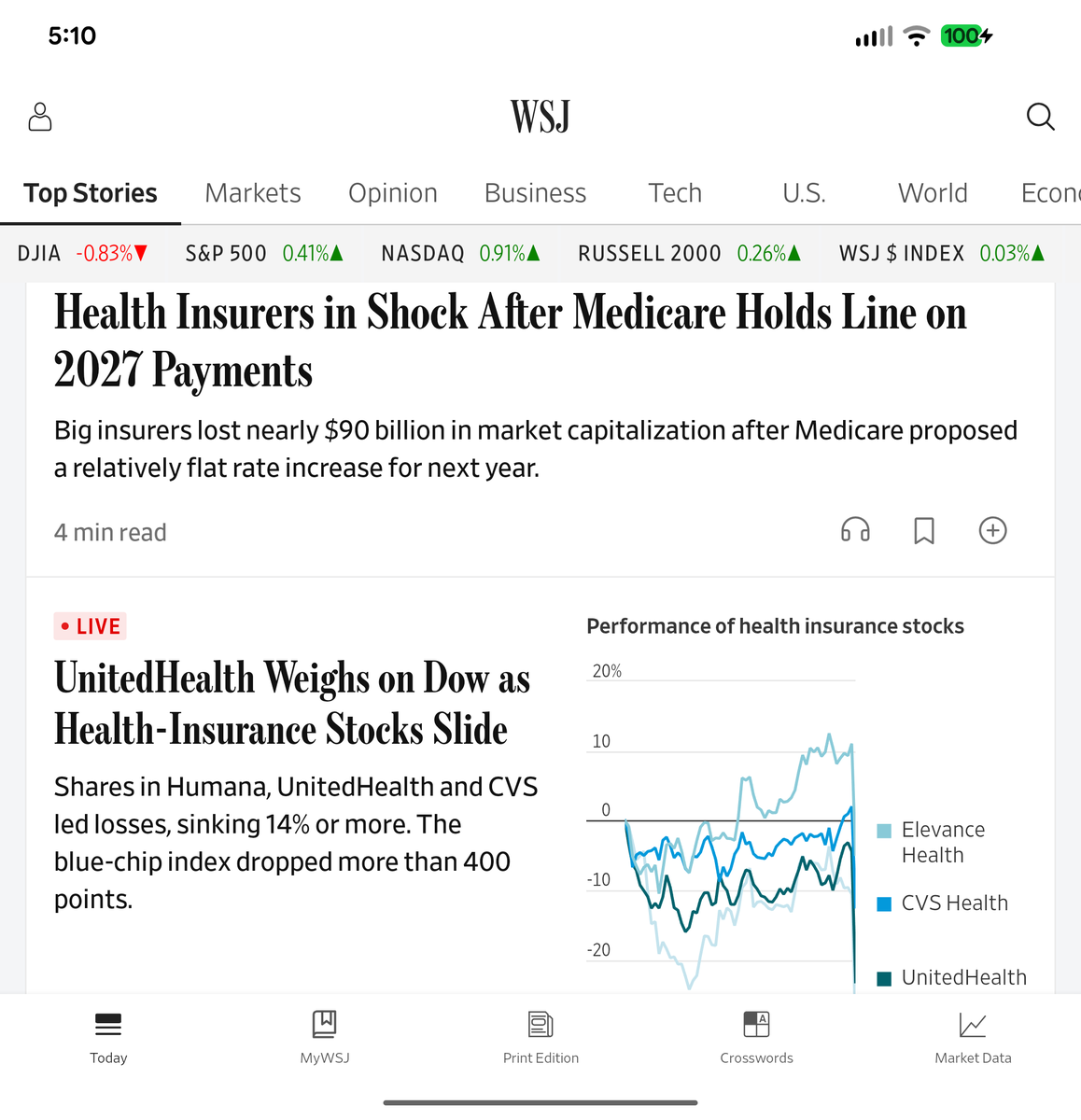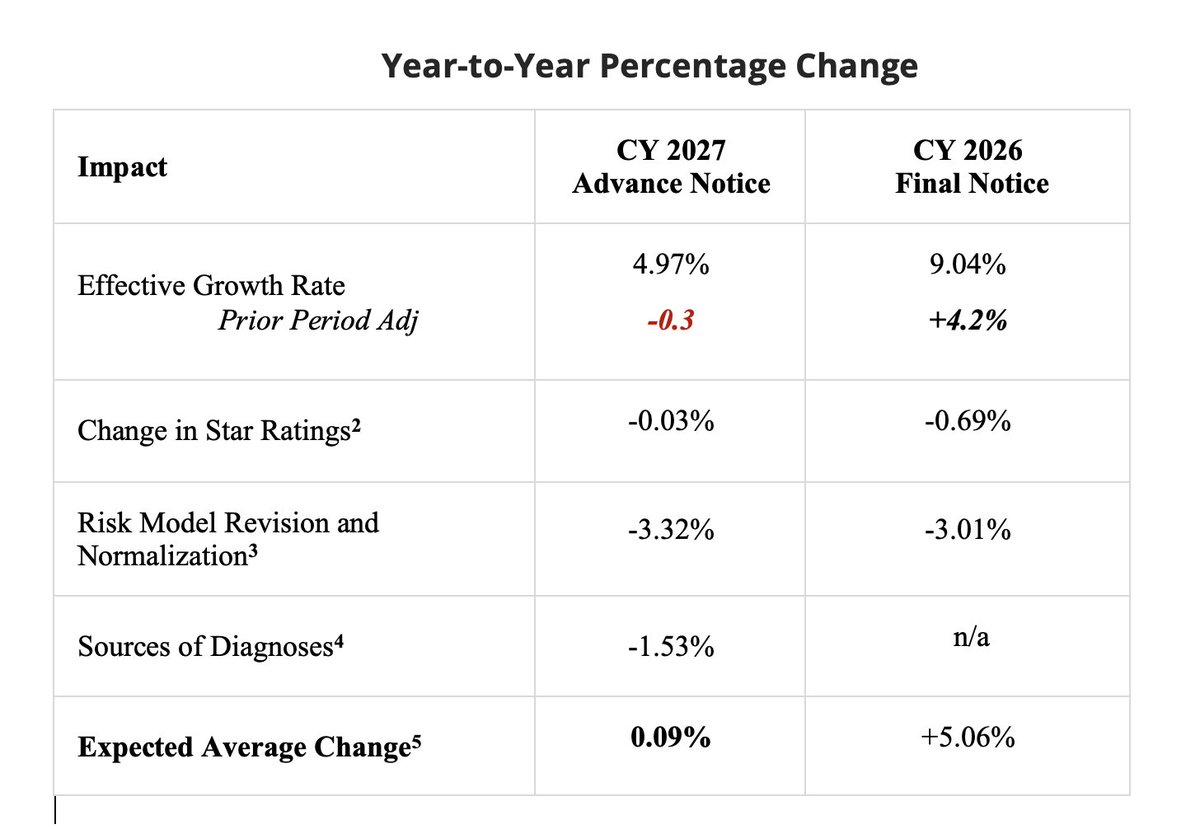1/ "Federal antitrust oversight has proved inadequate at preventing anticompetitive effects across the health care sector" per @commonwealthfnd
What else can the federal government do, given the difficulty of passing healthcare legislation?
Plenty.
commonwealthfund.org/blog/2021/fede…
What else can the federal government do, given the difficulty of passing healthcare legislation?
Plenty.
commonwealthfund.org/blog/2021/fede…
2/ in this article, Joseph Kannarkat and I break down all the tools that the Biden administration and @SecBecerra have to address competition beyond antitrust reviews
jamanetwork.com/journals/jama-…
jamanetwork.com/journals/jama-…
3/ first of all, if the Biden administration chooses to elevate health care competition as a priority, it may garner rare bipartisan support.
This is an issue that has support from left (@ZekeEmanuel) and right (@Avik) thought leaders and legislators.
This is an issue that has support from left (@ZekeEmanuel) and right (@Avik) thought leaders and legislators.

4/ removing perverse incentives to consolidate in payment policies can arrest or reverse hospital-physician consolidation.
The appeals court upheld @CMSGov ability to enact site-neutral payments.
they need to be expanded beyond office visits to other services, like ultrasounds
The appeals court upheld @CMSGov ability to enact site-neutral payments.
they need to be expanded beyond office visits to other services, like ultrasounds

5/ fight against state-level anticompetitive ploys
"Certificate of Need" is often abused to grant local monopolies that then drive up prices
CMS has set the precedent of saying "if there's a CON, we will provide additional flexibilities on network adequacy"- they can go further
"Certificate of Need" is often abused to grant local monopolies that then drive up prices
CMS has set the precedent of saying "if there's a CON, we will provide additional flexibilities on network adequacy"- they can go further

6/ Enforce against holding data hostage.
I joined 5 other former national coordinators for Health IT in an unprecedented letter that supported using CMS Conditions of Participation as a tool for ensuring data sharing of hospital events.
We have a final rule, but no enforcement
I joined 5 other former national coordinators for Health IT in an unprecedented letter that supported using CMS Conditions of Participation as a tool for ensuring data sharing of hospital events.
We have a final rule, but no enforcement

7/ the FTC and DOJ should review physician non-competes.
They shouldn't be used to stifle competition if physicians find that hospital (or private equity) employment was not all they hoped it would be
They shouldn't be used to stifle competition if physicians find that hospital (or private equity) employment was not all they hoped it would be

8/ @JoeBiden was the first presidential candidate of a major party to explicitly call out the need to tackle market concentration in healthcare
But they can go beyond antitrust authority to ensure better care and lower costs for all.
But they can go beyond antitrust authority to ensure better care and lower costs for all.

• • •
Missing some Tweet in this thread? You can try to
force a refresh










